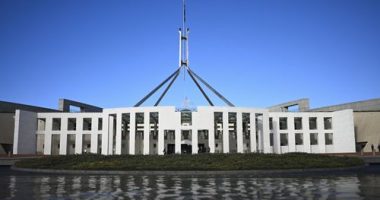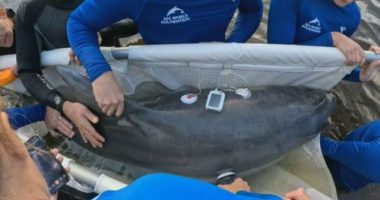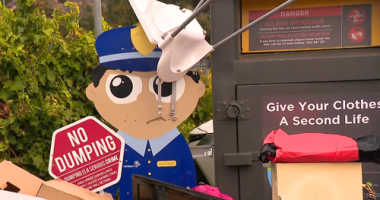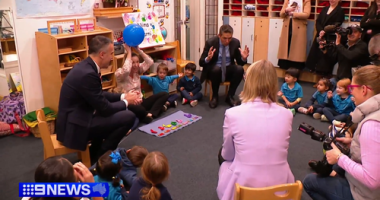Share this @internewscast.com
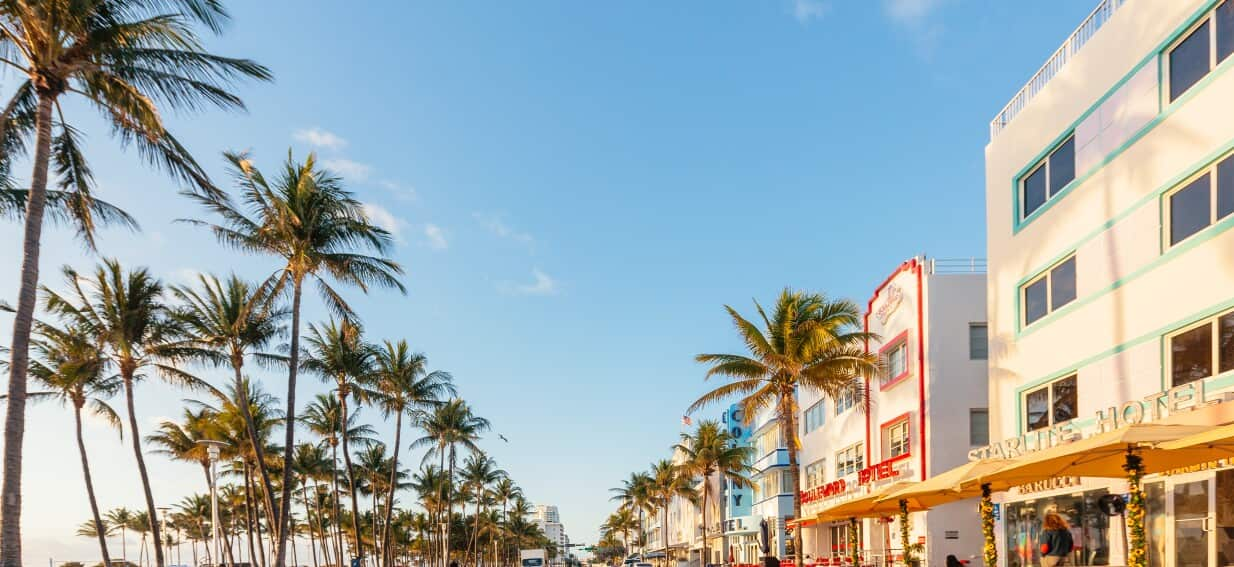
Overall, inbound tourism decreased by 11.6 per cent.
What was once a reliable flow of high-spending international travellers is becoming a much quieter stream.
America’s welcome mat is wearing thin
While the Flight Centre statement used careful language, its chief executive Graham Turner was clear, saying:
Individuals from Europe, the United Kingdom, and Australia are increasingly reluctant to travel to the US, considering the current situation there. We frequently hear that more travelers are reluctant to deal with passport control.
Governments have begun to react. Multiple nations, such as New Zealand, Germany, France, Denmark, and Finland, have revised their official travel advisories for the US, advising their citizens to be cautious while visiting.
But while diplomatic warnings grow louder, the economic costs of America’s hardening stance are only beginning to register.
Tourism: America’s forgotten export
The trade wars have focused on goods — cars, steel, farm products — but the service sector, which makes up a larger share of the economy, bears the hidden costs.
As a driver of economic prosperity , tourism isn’t simply about leisure; it sustains local businesses, rural economies and millions of livelihoods.
A double blow to the tourism experience
Labour shortages are intensifying the problem. Nearly 20 per cent of the US hospitality workforce was born overseas.
The burden is heaviest on small- and medium-sized enterprises, which form the bedrock of the US economy and play a central role in accommodation, dining and local tourism experiences.
A quiet but costly erosion
And while manufacturing job announcements grab headlines, the slow erosion of America’s tourism brand may leave a longer, deeper scar on its culture, its communities and its place in the world.

